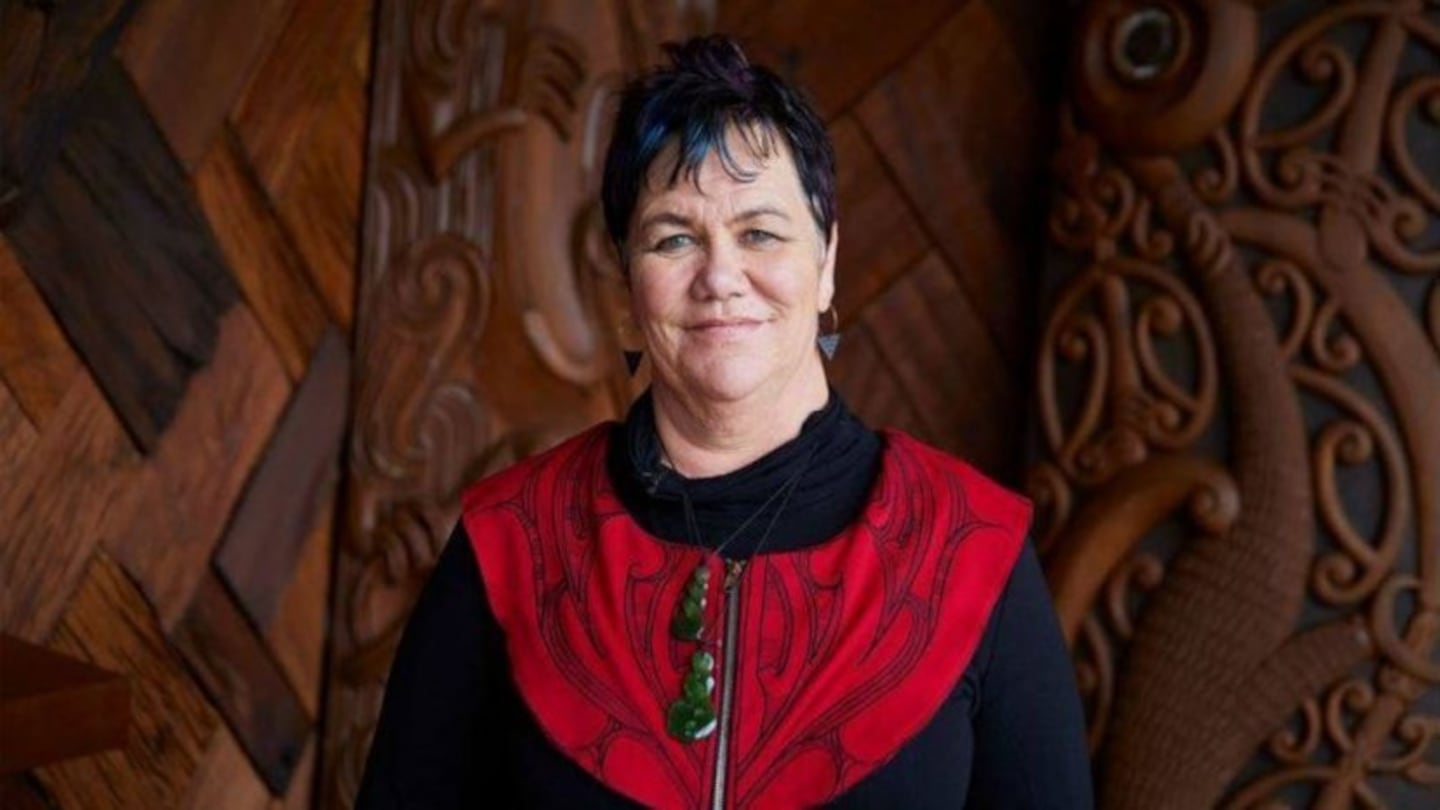Kaupapa Māori champion Yo Heta-Lensen. Photo / Supplied.
Yo Heta-Lensen (Ngāpuhi, Ngāti Hine) takes pride in championing what some describe as a “dangerously progressive” approach to embedding kaupapa Māori within early childhood teacher education.
Her transformative approach to the development and implementation of mātauranga Māori across early childhood education is building a culturally diverse generation of educators armed with the ability to interweave kaupapa Māori into a child’s early years of learning.
“Early Childhood Education is an underrepresented field of education, yet it is where the most learning occurs. It is an area of education that I am so passionate about because children are our next generation They are our mokopuna, they are the DNA- the blueprint of where we come from and where we are going. It is an absolute privilege to work in the field of early childhood,” says Heta-Lensen.
Ako Aotearoa recently recognised the positive impact of her approach with a sustained excellence award in the kaupapa Māori category, identifying Heta-Lensen as one of New Zealand’s top tertiary teachers.
“Excellence in Kaupapa Māori teaching for me is more about being led by the kaupapa, kaupapa Māori are the taonga tuku iho that have been passed down by our tūpuna. To be able to walk humbly, understanding that you are carrying those taonga forward and gifting them on to the next generation is for me what constitutes excellence in kaupapa Māori.”
A transformative approach involves a holistic and collaborative pathway to changing education across all levels of an institute. It can often be uncomfortable or perceived as radical and disruptive.
Paeārahi Hare Paniora (Ngāpuhi) has supported Unitec for more than 30 years and is immensely proud of the institute openly embracing and embedding tikanga and kaupapa Māori. He is also familiar with the significant challenges Māori are faced with across the wider education sector.
“Some people to this day still don’t see value in kaupapa Māori and don’t want to learn, but she never gives up and stays true to the kaupapa. She maintains a warmth of spirit despite the challenges.”
Heta-Lensen believes being prepared for anything and fully understanding what you are up against is key to breaking down barriers.
“You come across all walks of life, especially when you teach in mainstream, and sometimes you're at the interface between two worlds. So you need to have aroha and you need to have a lot of manaaki for your tauira. You’re on a decolonising journey, doesn’t matter who you are or where you’re from, kaupapa Māori is about unpacking, deconstructing and decolonising our past, and understanding our place in this present time and the impact we will have on the future.”
Interweaving mātauranga Māori throughout her work has helped Heta-Lensen develop authentic courses, carefully staged to scaffold ākonga knowledge of how to plan, implement, evaluate and improve on the incorporation of te reo Māori me ngā tikanga Māori in practice.
“When students come into the programme they come with all different levels of fluency, willingness, ability and knowledge, so one of the techniques I’ve developed over time is a kete based approach. Ngā Kete Manaakitanga and students are able to gather the knowledge they need at a pace that works for them in key areas of learning.”
Te Whare Wananga o Wairaka Bachelor of Teaching (Early Childhood Education) student Georgia Holt says walking into a world you know nothing about is always daunting.
“On my first day, I came here not knowing anything about te ao Māori and now to this day Yo [Heta-Lensen] has supported me about everything, to the point where I feel confident speaking te reo in my everyday practice. Yo is a great teacher and uplifts your mana, she strives to uplift each student's mana bit by bit and doesn’t throw everything onto you at once, she will manaaki you and support you through everything,” Holt says.
Heta-Lensen and many like her will continue to strive towards achieving the ultimate dream of those who fought for the implementation of kaupapa, just like this week more than 45 years ago.
“Kaupapa Māori in early childhood education is about reversing language loss. Anything that is related to kaupapa Māori is also about the retrieval of te reo Māori. It's a journey that Aotearoa is on at the moment as we find our way as a nation, so to be able to be involved in early childhood at that level and to help the next generation of teachers involved in understanding the value of this is amazing for me."

